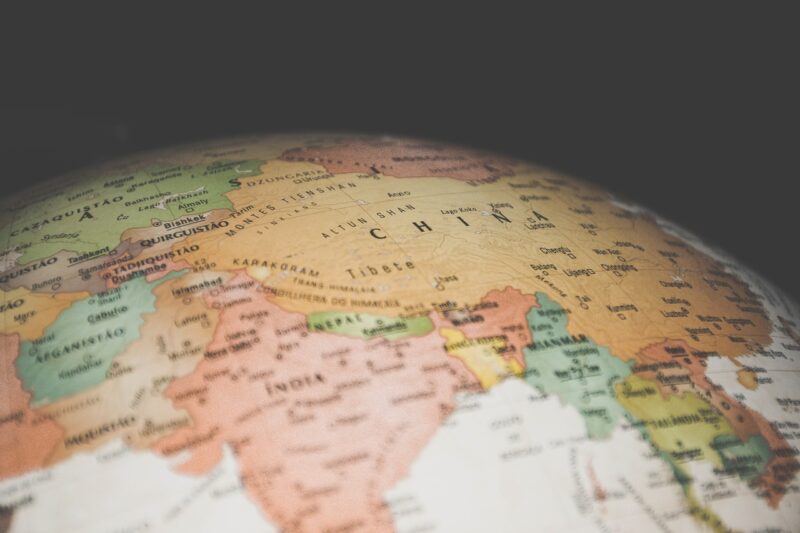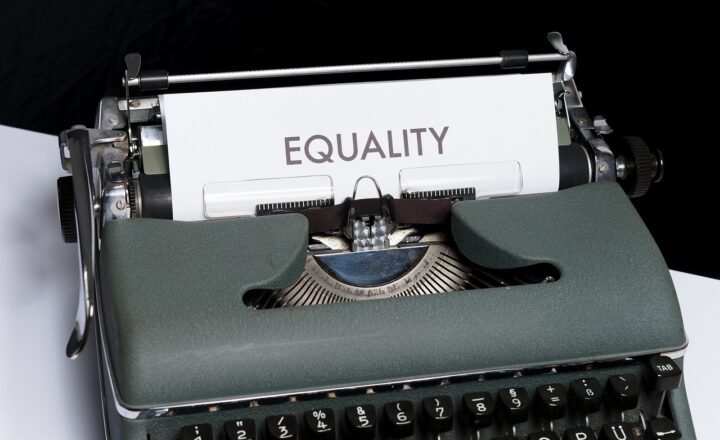Why Learning Multiple Languages is Key to Understanding Global Political Trends
November 16, 2024

In an increasingly interconnected world, understanding global political trends has become essential for individuals, organizations, and governments alike. As political landscapes shift, so too does the information surrounding them. One of the most valuable skills you can develop to navigate this complexity is learning multiple languages. This article explores the reasons why being multilingual is key to comprehending and engaging with global political dynamics.
1. Globalization and Interdependence
In today’s global society, countries are more interconnected than ever before. Economic, social, and military interactions span across borders and cultures. This globalization means that political decisions made in one part of the world can have dramatic consequences elsewhere. Understanding these trends requires not just access to information but the ability to interpret it within its cultural context.
Learning multiple languages equips you with the tools to grasp nuanced political communication and makes it easier to comprehend foreign policy documents, speeches, and news articles. It enhances your ability to critically analyze how language shapes political narratives and public opinion.
2. Access to Diverse Sources of Information
Most of the world’s political discourse occurs in languages other than English. While English is the lingua franca in many international forums, significant opinions, analyses, and reports are published in other languages, often containing perspectives not captured by English media.
By learning languages such as Spanish, Mandarin, Arabic, French, and Russian, you can access crucial information from local news outlets, government statements, and academic papers. This access allows for a more rounded understanding of international affairs and policymakers’ motivations. For instance, insights gained from foreign media could contradict narratives presented in English-language coverage, thus leading to more informed opinions and analyses.
3. Cultural Context and Communication Styles
Language is deeply intertwined with culture. Each language carries its own set of cultural references, idioms, and rhetorical styles, all reflecting the values and beliefs of its speakers. To understand political trends, one must appreciate the cultural context in which political discussions occur.
For example, diplomatic relations between countries like Japan and the United States are influenced by cultural norms surrounding communication. Understanding these subtleties in exchange can help in interpreting actions, agreements, or disagreements on the political stage. Learning a language allows you to experience the associated culture more authentically, providing a better foundation for understanding subtle political nuances.
4. Enhanced Critical Thinking Skills
Multilingual individuals often demonstrate advanced cognitive flexibility, which is beneficial for critical thinking. By engaging with different languages, you become accustomed to analyzing varied viewpoints and synthesizing information from diverse sources.
This enhanced critical thinking capacity allows multilingual individuals to weigh different political arguments better. They can understand opposing views, empathize with rival political positions, and seek common ground—skills essential for any political dialogue or negotiation.
5. Building International Relationships
Language learning significantly improves your ability to connect with people from different countries. Building relationships with individuals who possess local insights can enrich your understanding of global political trends. Engaging in dialogue with political experts, activists, or everyday citizens from different cultures can provide invaluable perspectives and foster collaboration in addressing international issues.
Furthermore, establishing these relationships can aid in grassroots initiatives, diplomatic discussions, or even international business ventures. Language barriers often deter collaboration, so being multilingual can position you as a facilitator of connections and understanding within the political realm.
6. Career Advantages in Politics and Diplomacy
In fields like politics, international relations, or diplomacy, multilingualism is a significant asset. Many organizations prioritize candidates who can communicate effectively in multiple languages. Furthermore, individuals proficient in languages other than English can tap into roles specific to geopolitical regions where those languages are spoken.
Fluency in a language can lead to job opportunities in embassies, NGOs, think tanks, or multinational corporations engaged in political analysis or international policy-making. As global issues become more complex, the demand for multilingual professionals in international contexts will only continue to rise.
7. The Emotional Impact of Language
Language shapes our identity and how we relate to others. When you learn a language, you not only broaden your cognitive skills but also tap into the emotional weight it carries. Understanding and communicating in someone’s native tongue creates emotional bonds and conveys respect.
This capability is instrumental in diplomacy and conflict resolution. When negotiating or engaging politically, the ability to speak the other party’s language can ease tensions and build trust, critical components for productive political engagements.
Conclusion
In conclusion, learning multiple languages is not merely an academic exercise or a resume booster—it is a vital skill for anyone wishing to engage meaningfully with global political trends. In an era where political landscapes are ever-changing, being multilingual enables access to diverse perspectives, fosters critical thinking, enhances intercultural communication, and opens career opportunities.
As you consider why language learning may be essential, remember that in a world filled with diverse narratives and viewpoints, the ability to interact fluently with these differences can lead to greater understanding and ultimately better global governance. As political issues become increasingly intricate, multilingual individuals will be invaluable assets in interpreting and navigating the complexities of the global political scene.







